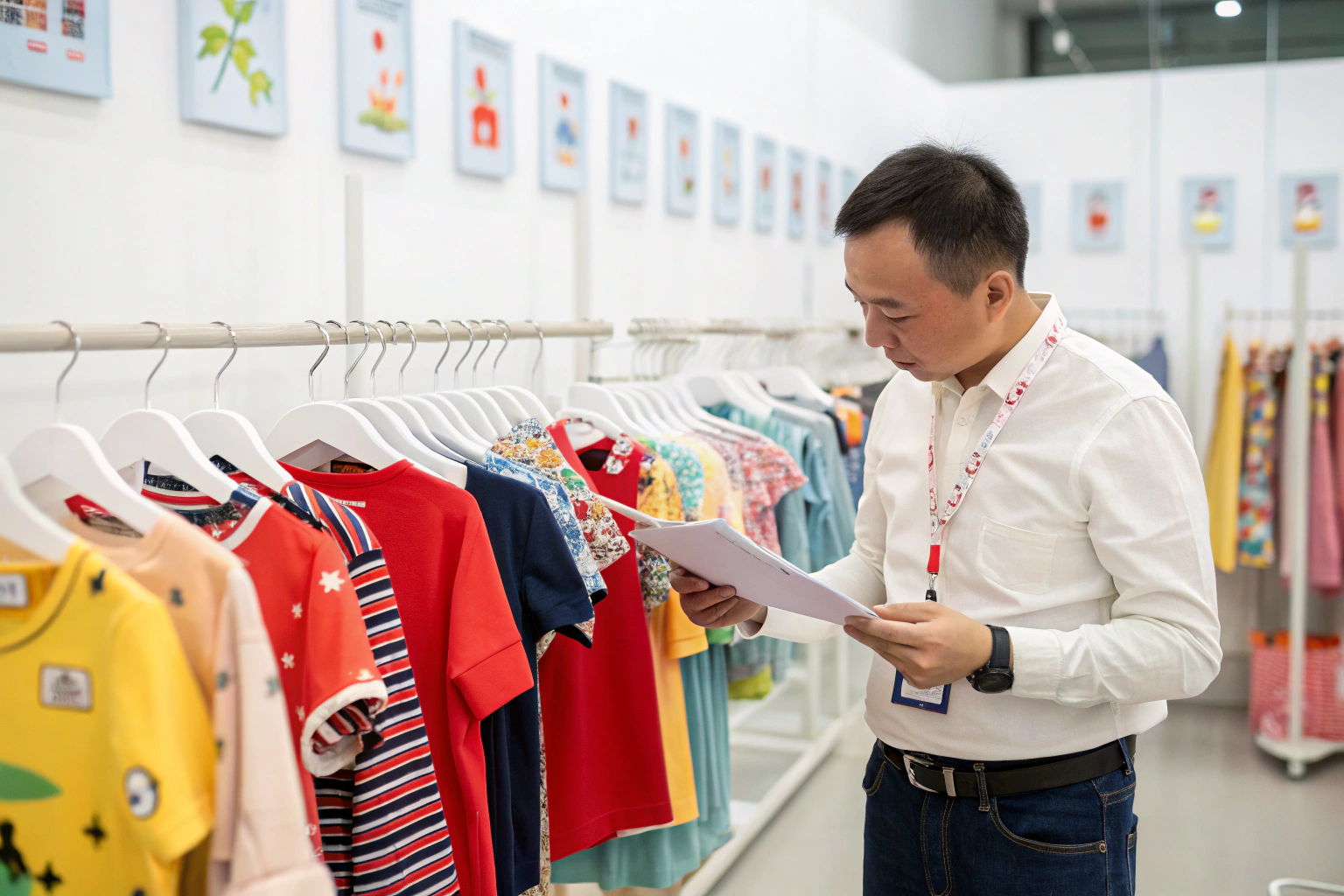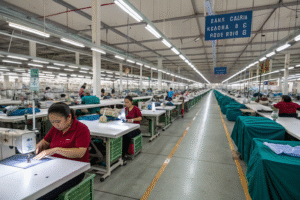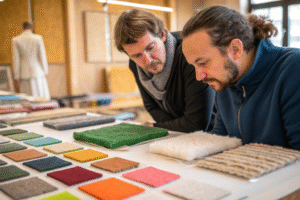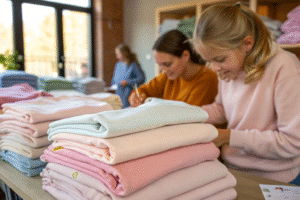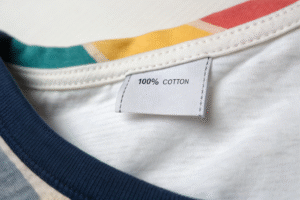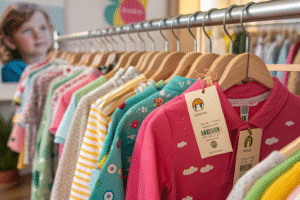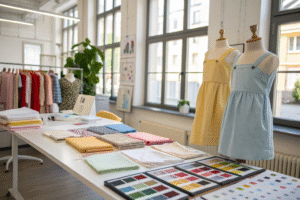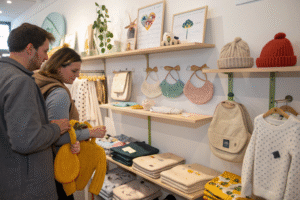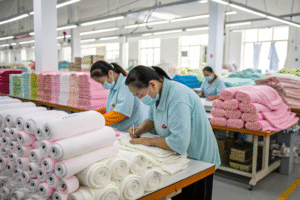When sourcing children’s apparel, especially from overseas suppliers, the stakes are high. Poor quality, missed deadlines, or safety non-compliance can derail your entire season. So how can you spot a truly reliable kids apparel manufacturer from the start?
A reliable kidswear manufacturer combines technical ability with transparency, on-time delivery, and a deep understanding of children’s garment standards. From certifications to communication, every detail counts when building a long-term supply chain partner.
Let’s explore what truly sets a trustworthy kids clothing manufacturer apart—and what to watch out for before you sign a contract.
Is the manufacturer compliant with kidswear safety and quality standards?
Even if a factory promises good quality, that means little if it can’t meet strict safety regulations for baby and kids clothing. In markets like the U.S. and EU, compliance isn’t optional—it’s a legal obligation.
A reliable manufacturer should be well-versed in standards like CPSIA, OEKO-TEX, and EN 14682. These cover things like lead content, choking hazards from drawstrings, fabric safety, and labeling rules. At Fumao Clothing, we’ve made it our responsibility to integrate these compliance steps into every stage of production.
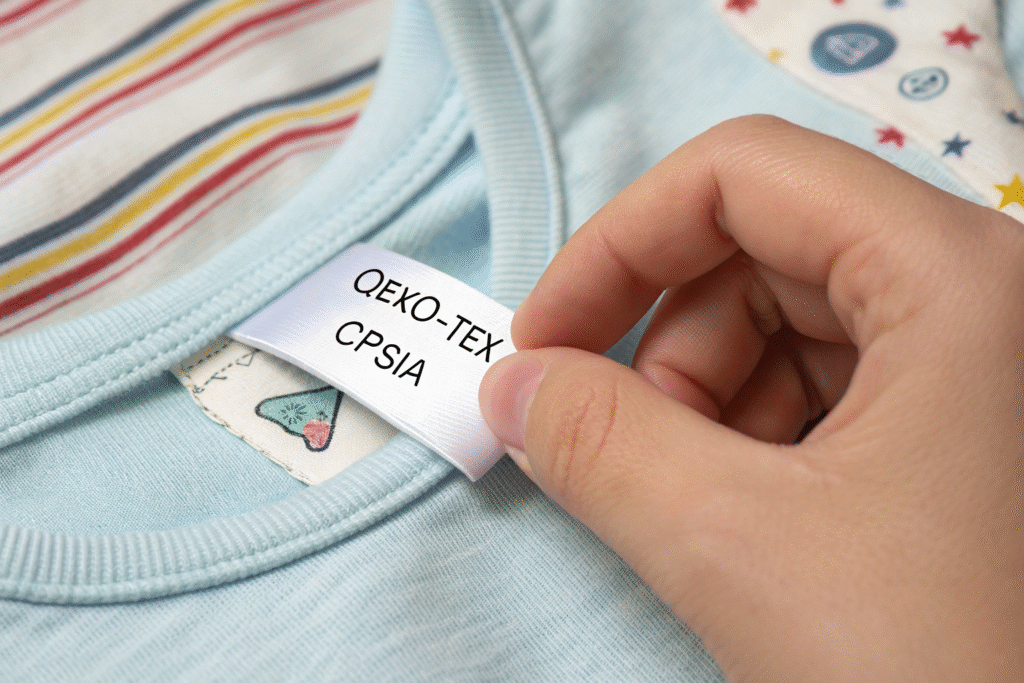
What safety certifications should they provide?
A good supplier should readily show:
- CPSIA test reports for U.S. compliance
- OEKO-TEX Standard 100 for textile safety
- GOTS (if using organic cotton)
- ISO 9001 for quality management systems
If they hesitate or provide outdated or unverifiable certificates, that’s a red flag.
Are they familiar with mechanical safety for children?
For example, cords and small parts are tightly regulated in the EU under EN 14682. A skilled supplier will know how to design without risky features like long drawstrings or poorly secured buttons.
At Fumao, we’ve re-engineered garments to pass European safety checks without sacrificing style—an advantage buyers like Ron depend on.
Do they support customization, branding, and small MOQ?
Children’s brands today need agility—quick design changes, limited drops, private labels. Not every supplier is built for this.
Look for factories that offer flexible customization, low MOQs, and OEM/ODM services. Whether you’re launching a new brand or testing a fresh capsule collection, your manufacturer should adapt—not dictate terms.
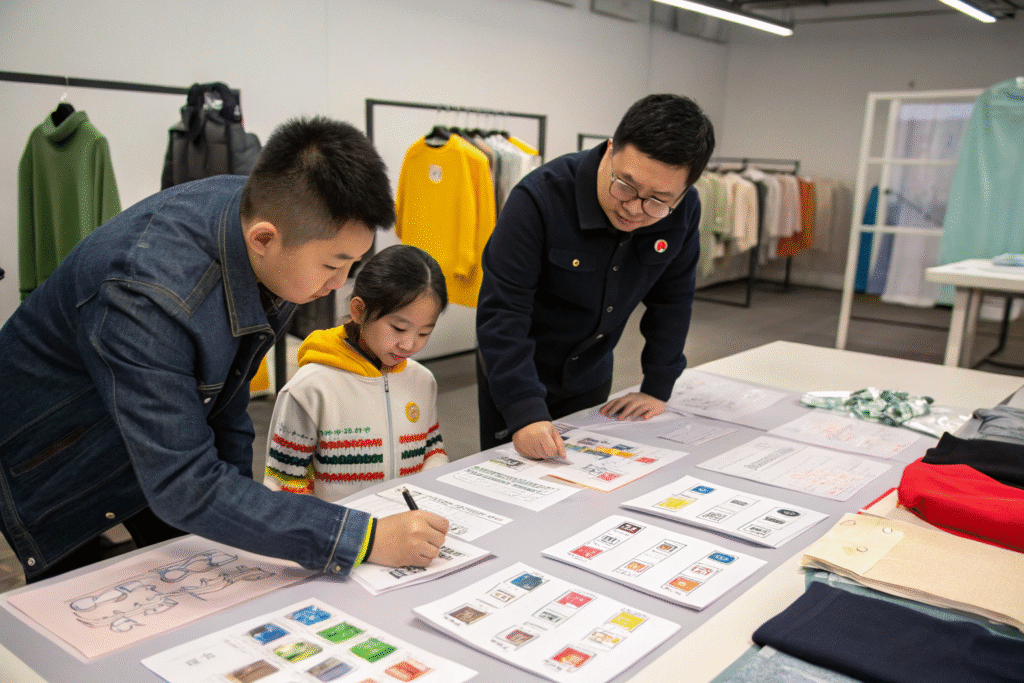
Can they customize prints, labels, and packaging?
Reliable manufacturers provide:
- Custom logos (woven, printed, embroidered)
- Packaging options with barcode/brand inserts
- Flexible fabric sourcing (including sustainable options)
- Sample development with reasonable fees and timelines
We support brands who require quick sample turnaround and seasonal design adjustments—even with orders starting at 300 pieces.
What’s their real MOQ flexibility?
Some factories advertise “low MOQ” but later push for thousands. Ask for clarity: can they really handle 200–500 pieces per style? If not, you’ll end up stuck or ghosted. We’ve helped multiple new buyers scale from micro-orders to large volumes over time.
How transparent are they with communication and timelines?
Your success depends on your supplier’s clarity, consistency, and honesty. Yet many buyers complain of vague updates, long silences, or last-minute surprises.
Good kidswear manufacturers use proactive, transparent communication to build trust and reduce risk.
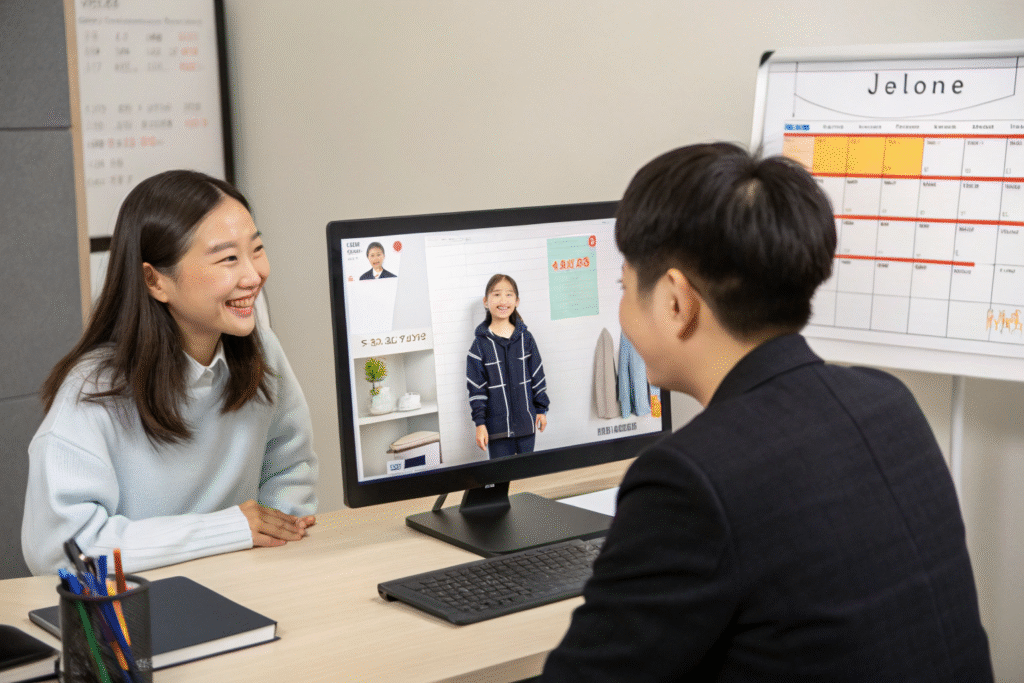
Do they provide real production timelines?
Look for manufacturers who:
- Share full production calendars
- Offer weekly progress updates
- Are honest about delays and solutions
- Use tools like Excel, Trello, or WhatsApp to track changes
At Fumao, our production planning team offers Gantt-style timelines tailored to each client’s order, reviewed weekly.
How do they handle emergencies or changes?
When a fabric runs late or shipping routes change, does the factory notify you early—or leave you in the dark? We’ve built long-term loyalty by staying upfront and solving problems fast, not hiding them.
Can they ensure consistent quality at scale?
Sampling a perfect hoodie is one thing—producing 5,000 identical ones with zero defects is another. For kidswear, consistent quality is crucial for both brand trust and safety.
A dependable kidswear manufacturer invests in real QC teams, not just empty promises.
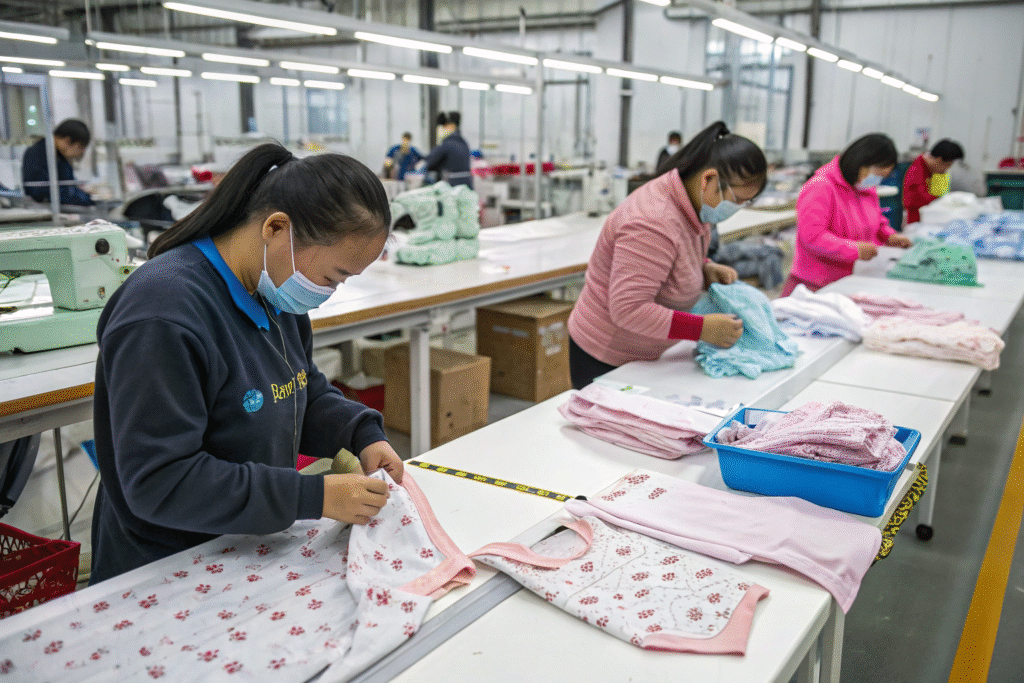
Do they have in-house quality control?
A real factory will show:
- Inline checks (during sewing, cutting, etc.)
- Final QC inspection reports
- Pre-shipment audits
- Optional third-party QC access (SGS, BV, Intertek)
Ask for past reports and see if they offer defect rate guarantees. At Fumao, we include QC photos and defect logs in every delivery report.
What materials and stitching standards do they follow?
For kidswear, check:
| Feature | What to Ask About |
|---|---|
| Stitch Quality | Are all seams double-stitched? |
| Fabric Durability | Will prints fade after 3 washes? |
| Colorfastness | Are colors safe for sensitive skin? |
| Shrinkage Testing | Do they pre-shrink or test fabric? |
Conclusion
Choosing a kids apparel manufacturer is more than just comparing quotes. You’re choosing a partner who will impact your brand’s reputation, timeline, and growth.
To recap, here’s what you should check:
- Certifications and compliance with kidswear safety
- Customization flexibility and MOQ honesty
- Transparent communication and deadline integrity
- Proven quality control systems
At Fumao Clothing, we’ve built our factory and team around these principles. We know how to serve U.S. brands like Ron—buyers who care about quality but also need prices that work. If you’re ready to build something reliable, scalable, and safe, we’re ready to help.

